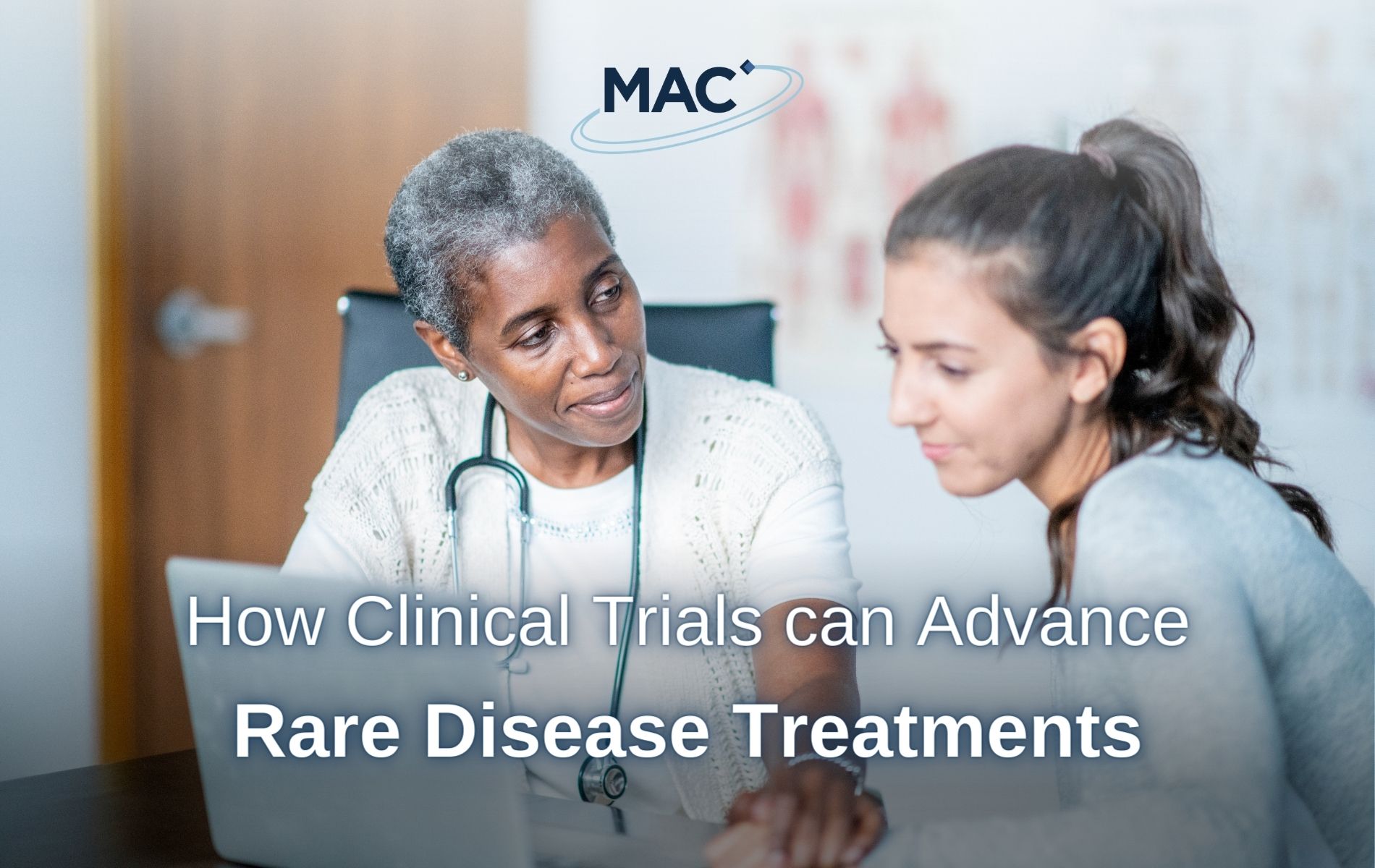The challenge of finding effective treatments for rare diseases is a crucial endeavour for medical researchers. Rare diseases, by their nature, affect a small portion of the population, making traditional drug development processes economically unfeasible for many pharmaceutical companies. However, the urgency to address the needs of those afflicted with these conditions is no less significant. This is where the critical role of healthy volunteer clinical trials emerges as a beacon of hope.
It’s estimated that there are around 3.5 million in the UK living with a condition classed as a rare disease; there are over 7000 rare diseases and 96% of them are lacking effective treatments1.
What are Healthy Volunteer Clinical Trials?
A healthy volunteer clinical trial assesses new treatments or interventions in individuals who aren’t living with the condition being studied, focusing on safety, dosage, and potential side effects.
Clinical trials involving healthy volunteers play a pivotal role in the advancement of medical science, particularly in the context of rare diseases. The importance of healthy volunteer trials cannot be overstated, as they provide researchers with crucial data regarding dosage, side effects, and overall tolerability of investigational drugs.
Why are Healthy Volunteer Clinical Trials Important?
One of the primary reasons healthy volunteer trials are essential for rare diseases is the scarcity of eligible patients for traditional clinical trials. Since rare diseases affect a small portion of the population, recruiting an adequate number of patients for clinical trials can be immensely challenging. In such cases, healthy volunteers serve as invaluable participants, allowing researchers to gather preliminary data that can pave the way for future patient-focused studies.
Healthy volunteer trials also contribute to expanding scientific knowledge. By studying the effects of investigational treatments in individuals without the targeted condition, researchers can gain insights into how these interventions may impact the human body, allowing medics to refine treatment strategies and minimising potential risks when transitioning to patient trials.
Participating in healthy volunteer clinical trials also offers individuals an opportunity to contribute to medical progress in a meaningful way. In one survey conducted with clinical trial participants, the two most popular reasons for taking part were to help advance science and to help others who may be struggling with the specific condition2.
Take Part in a Healthy Volunteer Clinical Trial
In conclusion, healthy volunteer clinical trials represent a cornerstone of medical research, particularly in the realm of rare diseases, paving the way for the development of safe and effective treatments that have the potential to transform lives.
MAC Clinical Research is currently looking for healthy volunteers to join a paid clinical trial for a potential new medication for Paroxysmal Nocturnal Haemoglobinuria (PNH), a rare blood condition which can be life threatening. In this case the complement system (part of your immune system) over-reacts causing weakness, tiredness, or anaemia. There are around 2400 cases of this condition in the UK3.
By participating in this clinical trial, you are contributing to scientific knowledge that may lead to expanding treatment options for PNH.
If you are eligible, you could receive up to £2,010 for your time and commitment, plus reasonable travel expenses will be reimbursed.
To be eligible for this trial, patients must have or be willing to receive a vaccination against meningitis. This study also includes four night residential and nine follow up outpatient visits.
To find out more about this clinical trial and register your interest, visit MAC’s Healthy Volunteer research page.
1 UK Research and Innovation – Review reveals £1.1 billion of UK rare disease research funding
2 Statista – Share of clinical research participants globally that participated in clinical trials for select reasons as of 2019
3 White Rose Research – The Incidence and Prevalence of PNH




